How The Crown keeps Queen Elizabeth at a distance
The Netflix series doesn't make you feel any closer to royalty. That's why it works.

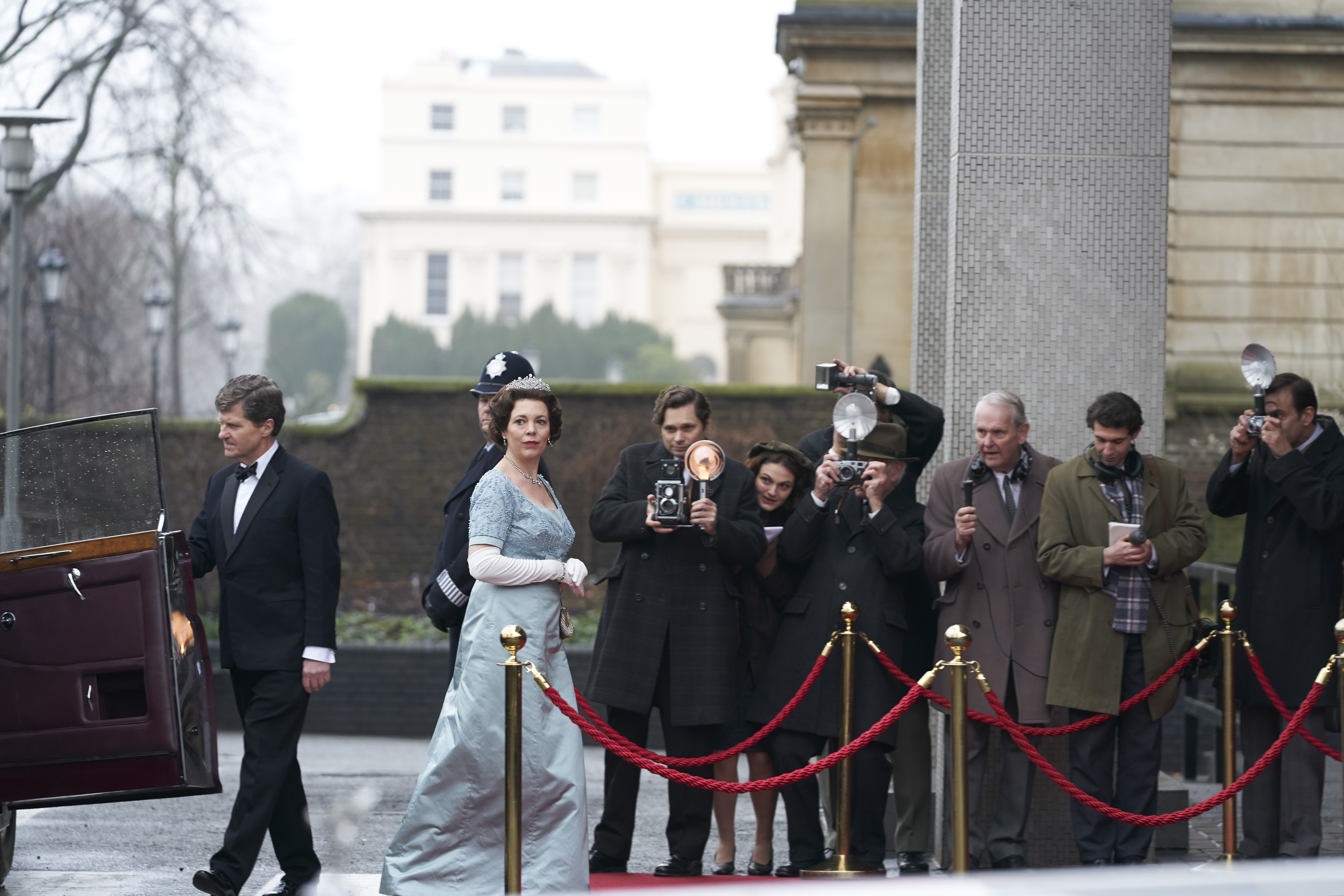
A free daily email with the biggest news stories of the day – and the best features from TheWeek.com
You are now subscribed
Your newsletter sign-up was successful
God save the queen — but who is the queen, exactly?
In Netflix's The Crown, the answer to that question is not necessarily a protagonist but a symbol, a theme. The glossy TV drama accepts the complicated, opaque real-life celebrity of Queen Elizabeth as somewhat impenetrable, and the result is a unique and refreshing entry in the subgenre of royal historical dramas. By adhering so firmly to a crowned silhouette of the queen rather than to a more fully drawn portrait, the show is able to elevate the idea of the political figure to a reassuring symbol of elegance and order, although this approach is occasionally frustrating in the world of the series itself.
The Crown, the third season of which is now out on Netflix, has always presented itself as a kind of exercise in restraint. Though Elizabeth's dealings with national and international matters in each episode are, by their very nature, political, the political machinations are tame, quiet. The more pressing conflicts have to do with manners and communication. The show teaches its audience to place its stock in small gestures: a raised eyebrow or a subtle comment. Elizabeth, our would-be star of the series, is painted as dependable and even dull, as Prince Philip himself points out in the new season's second episode. But unlike the world of TV drama, of Wolf Hall, The White Queen, Victoria, Reign, and The Tudors, in the world of The Crown, these are saintly traits.
The Week
Escape your echo chamber. Get the facts behind the news, plus analysis from multiple perspectives.

Sign up for The Week's Free Newsletters
From our morning news briefing to a weekly Good News Newsletter, get the best of The Week delivered directly to your inbox.
From our morning news briefing to a weekly Good News Newsletter, get the best of The Week delivered directly to your inbox.
What The Crown does instead is try to use its other, louder characters as mirrors through which we can better see Elizabeth. Philip, particularly in the early seasons, with his constant brooding, reflects Elizabeth through the conflict in their relationship, the difference in their temperaments. But it's Princess Margaret who serves as Elizabeth's best foil, and the show picks up when Margaret is in focus. In the second season, as we watch the affair between Margaret and Antony bloom, the cinematography is darker, sleeker; Margaret seems to be the star of a wholly different show. Yet even in The Crown's brief dalliance into these more glamorous dramas, it remains loyal to its muted view of Elizabeth, if only as a kind of knee-jerk instinct.
This loyalty of The Crown to just that — the crown, as an idea, epitomized in the withdrawn, stately character of the queen — is appealing in some senses. The show, like its star, is quiet and tidy and unfussed. It's poised and pretty like a picture, and its conflation of the queen's reserve with the favorable attributes of honesty and dignity presents a kindly view of political celebrity, so at odds with the boorish examples of it we find in our current landscape. While royal dramas usually seem rife with political intrigue and blown-out familial disputes, The Crown's recurring conflict is only that of tradition versus anything else, symbolized by the crown and the curly-haired head that wears it.
But The Crown is also seductive for that reason. It celebrates an understated order that somehow nevertheless remains mostly apolitical. Even an episode like Season 3's "Aberfan," where the very premise is a tragedy turned political, presents Elizabeth as an inviolable figure who stands to the side rather than engage, something the media deems symptomatic of a general indifference to the working class. But the show offers her response not as politically motivated but rather, first, as her reflex under the traditional, emotionless persona of the crown then, later, in the episode's final moments, as simply reflective of her naturally stoic personality — a defect or deficiency, as she tells the prime minister, who, again, reinforces how suitable the trait is for the sovereign ruler. This isn't politics; it's just Elizabeth, the stony yet distinguished bearer of the crown — a refreshing presence for news- and drama-weary audiences.
Despite the queen's reserve, Claire Foy, and now Olivia Colman, give Elizabeth touches of depth in their performances, both incredibly restrained but nevertheless revealing in her moments of doubt or discomfort or jealousy. Elizabeth doesn't have outbursts — even a contentious scene between her and Philip in the second season finale, about incriminating portraits of Philip and an illicit relationship with a dancer, is delivered with control; Elizabeth declares that she is strong enough to bear the truth but simply needs to know it. Throughout the series the camera, too, values back-of-the-head shots and profile shots; when Elizabeth receives news of a prominent death in season 3, we don't immediately see her reaction, and when we do, it's grave in shock, but composed.
A free daily email with the biggest news stories of the day – and the best features from TheWeek.com
It's this same impulse of the show that makes it, like its queen, in the words of Philip, occasionally dull. In its reticence to make Elizabeth into more of a character, show more interiority and depth, as opposed to leaving her image mostly untouched to match that of her real-life counterpart, it lets her fade into a background that, in itself, doesn't have much to show audiences. The show becomes a celebration of the concept of royalty, positioned outside any icky, complex politics. And as for Queen Elizabeth, she remains perfectly intact, elevated to a status higher than that of the messy people around her. It makes for advertisement for the dignity that befits the crown, and it often makes for something comforting to watch. But it doesn't always make for great TV.
Want more essential commentary and analysis like this delivered straight to your inbox? Sign up for The Week's "Today's best articles" newsletter here.
Maya Phillips is an arts, entertainment, and culture writer whose writing has appeared in The New York Times, Vulture, Slate, Mashable, American Theatre, Black Nerd Problems, and more. She is also a web producer at The New Yorker, and her debut poetry collection, Erou, is forthcoming in fall 2019 from Four Way Books. She lives in Brooklyn.
-
 6 exquisite homes with vast acreage
6 exquisite homes with vast acreageFeature Featuring an off-the-grid contemporary home in New Mexico and lakefront farmhouse in Massachusetts
-
 Film reviews: ‘Wuthering Heights,’ ‘Good Luck, Have Fun, Don’t Die,’ and ‘Sirat’
Film reviews: ‘Wuthering Heights,’ ‘Good Luck, Have Fun, Don’t Die,’ and ‘Sirat’Feature An inconvenient love torments a would-be couple, a gonzo time traveler seeks to save humanity from AI, and a father’s desperate search goes deeply sideways
-
 Political cartoons for February 16
Political cartoons for February 16Cartoons Monday’s political cartoons include President's Day, a valentine from the Epstein files, and more
-
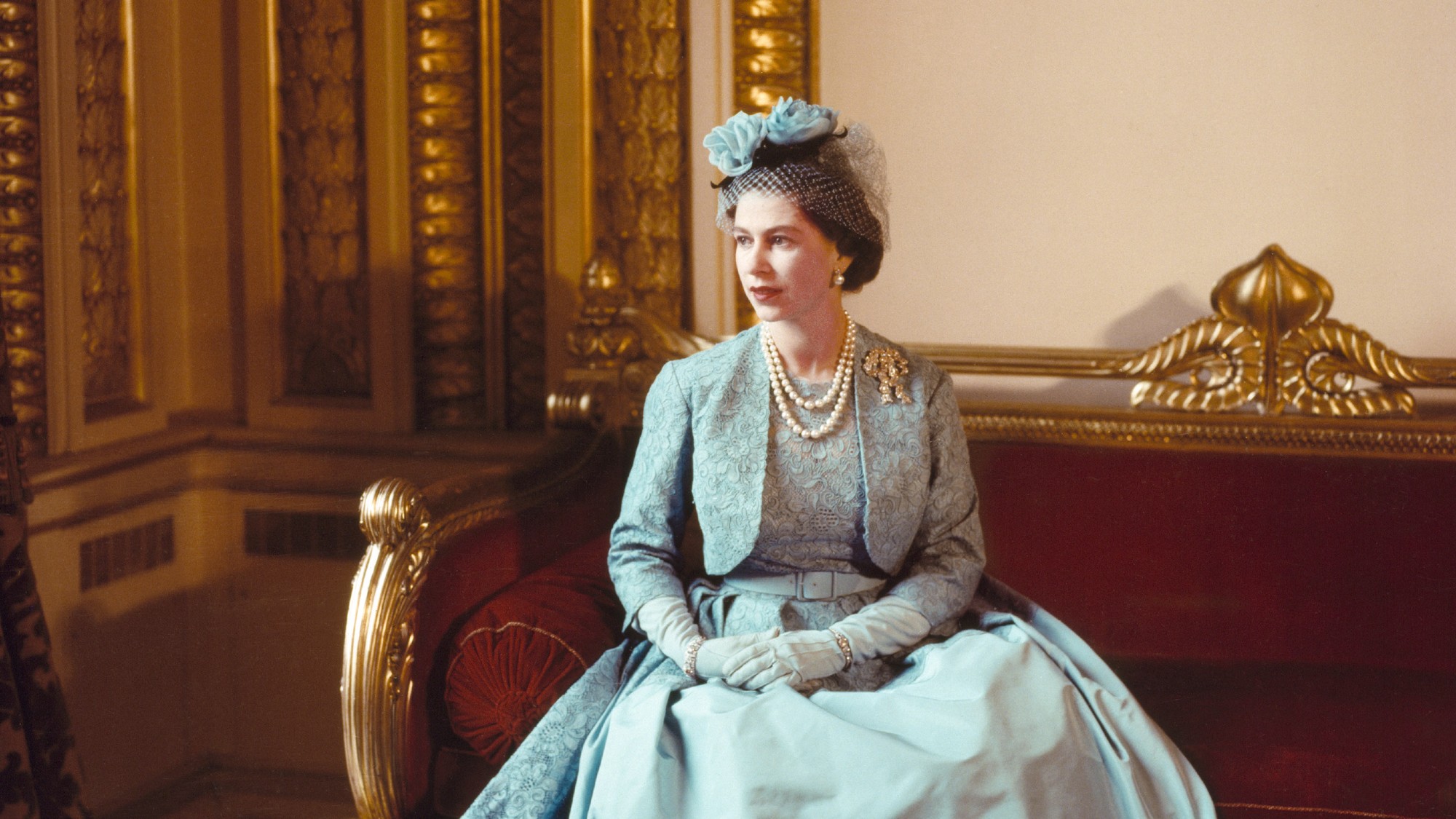 Best UK fashion exhibitions in 2026
Best UK fashion exhibitions in 2026The Week Recommends See much-loved and intriguing items from designers and style icons right where they belong: on display
-
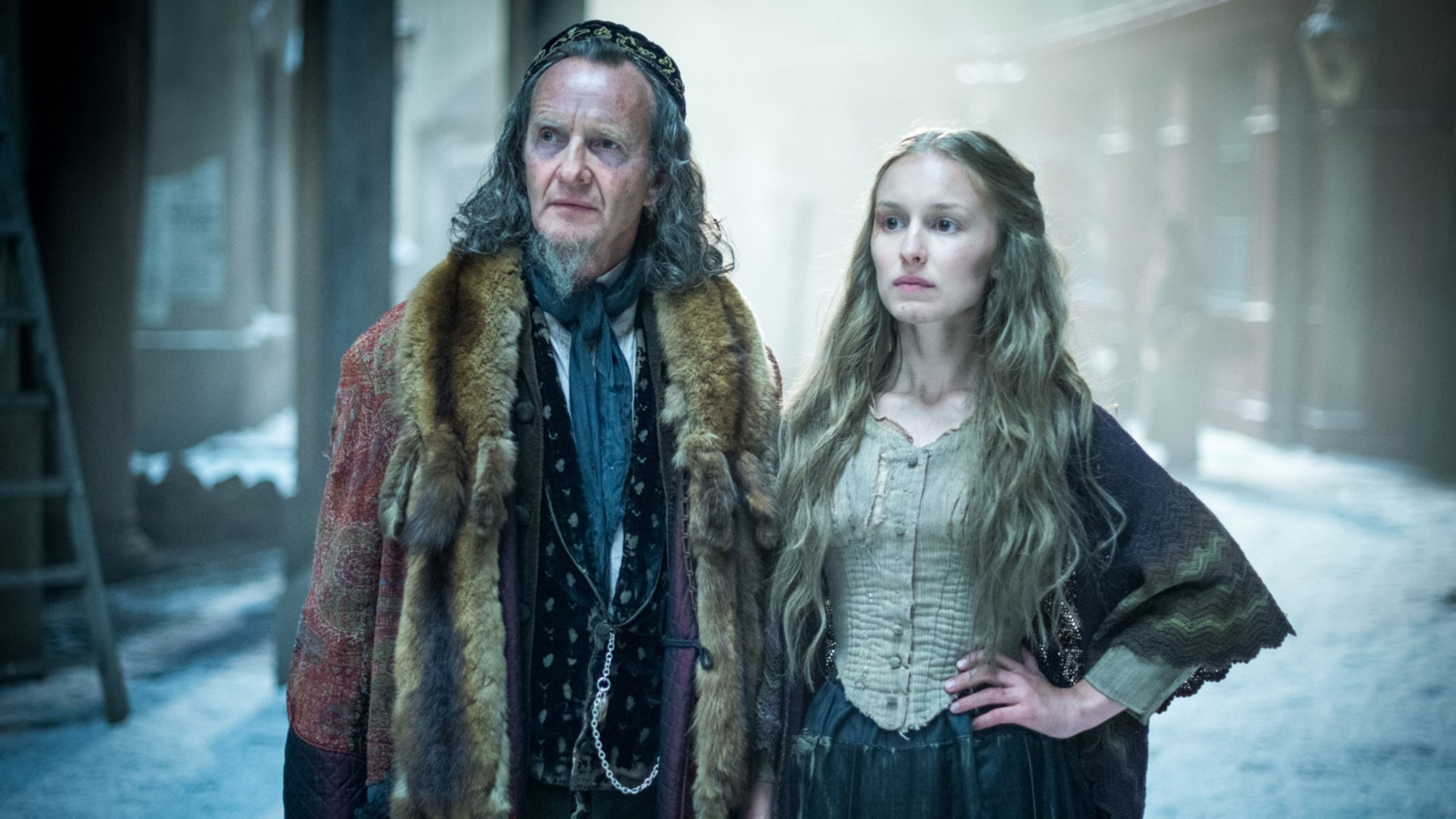 The top period dramas to stream now
The top period dramas to stream nowThe Week Recommends Heaving bosoms and billowing shirts are standard fare in these historical TV classics
-
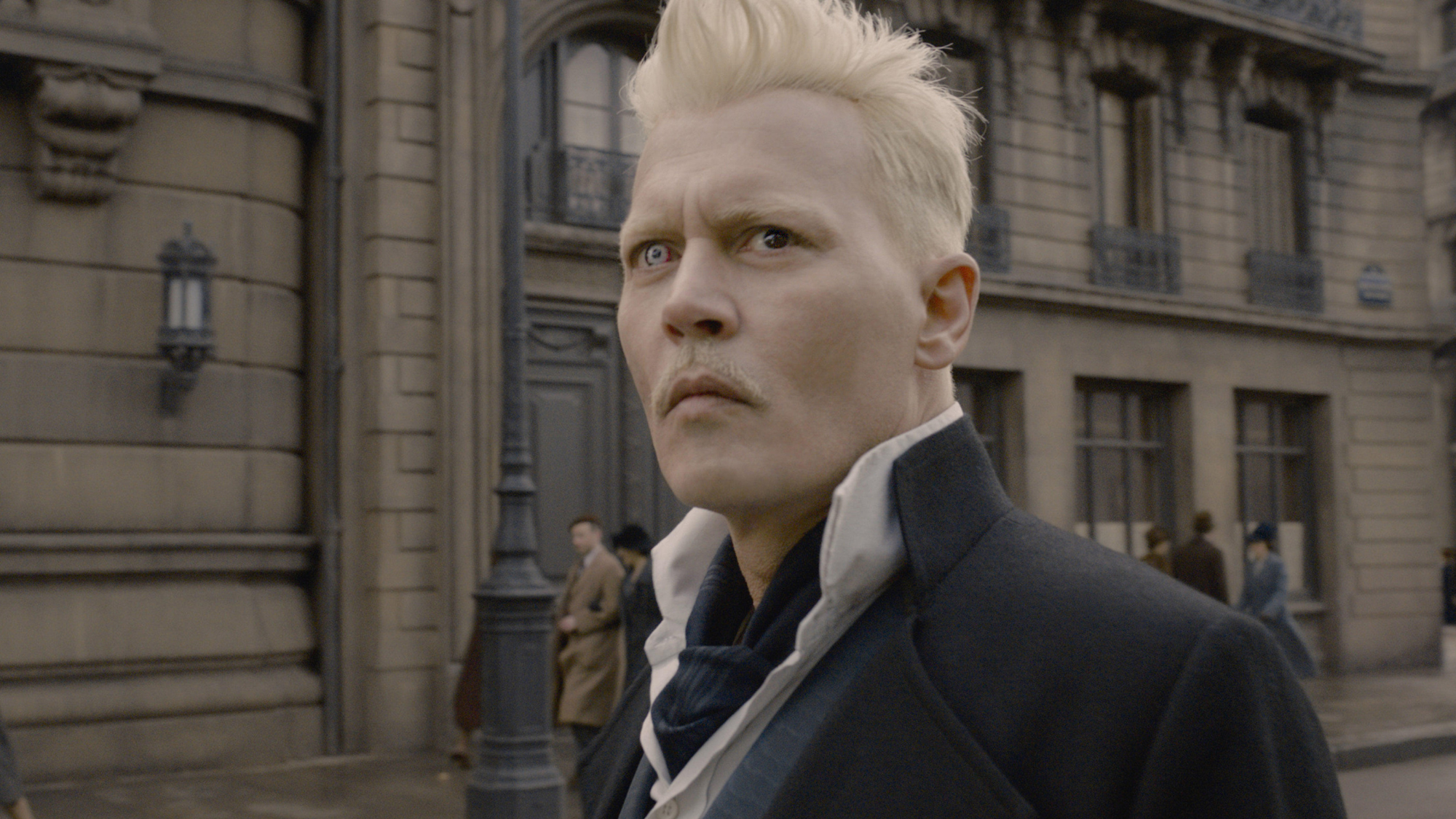 Why is recasting so difficult?
Why is recasting so difficult?In The Spotlight Switching much-loved characters can cause confusion – and spark a backlash
-
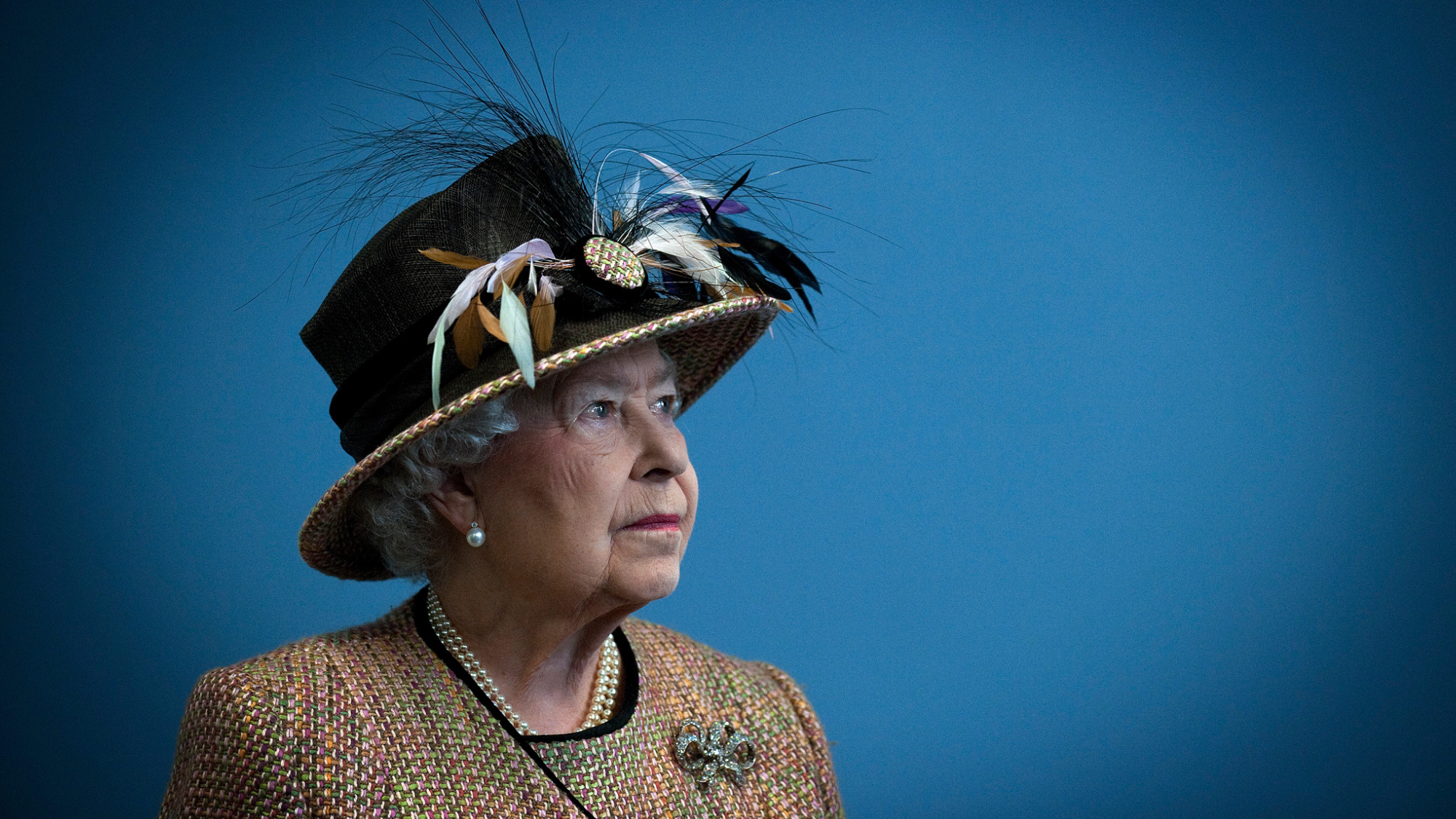 A Voyage Around the Queen: 'gloriously bizarre' royal biography
A Voyage Around the Queen: 'gloriously bizarre' royal biographyThe Week Recommends Craig Brown's book paints a 'vivid and remarkably telling' picture of the late monarch
-
 TV to watch in December, from 'Percy Jackson and the Olympians' to 'What If...?'
TV to watch in December, from 'Percy Jackson and the Olympians' to 'What If...?'The Week Recommends Spend your December with Mr. D and Dr. Who
-
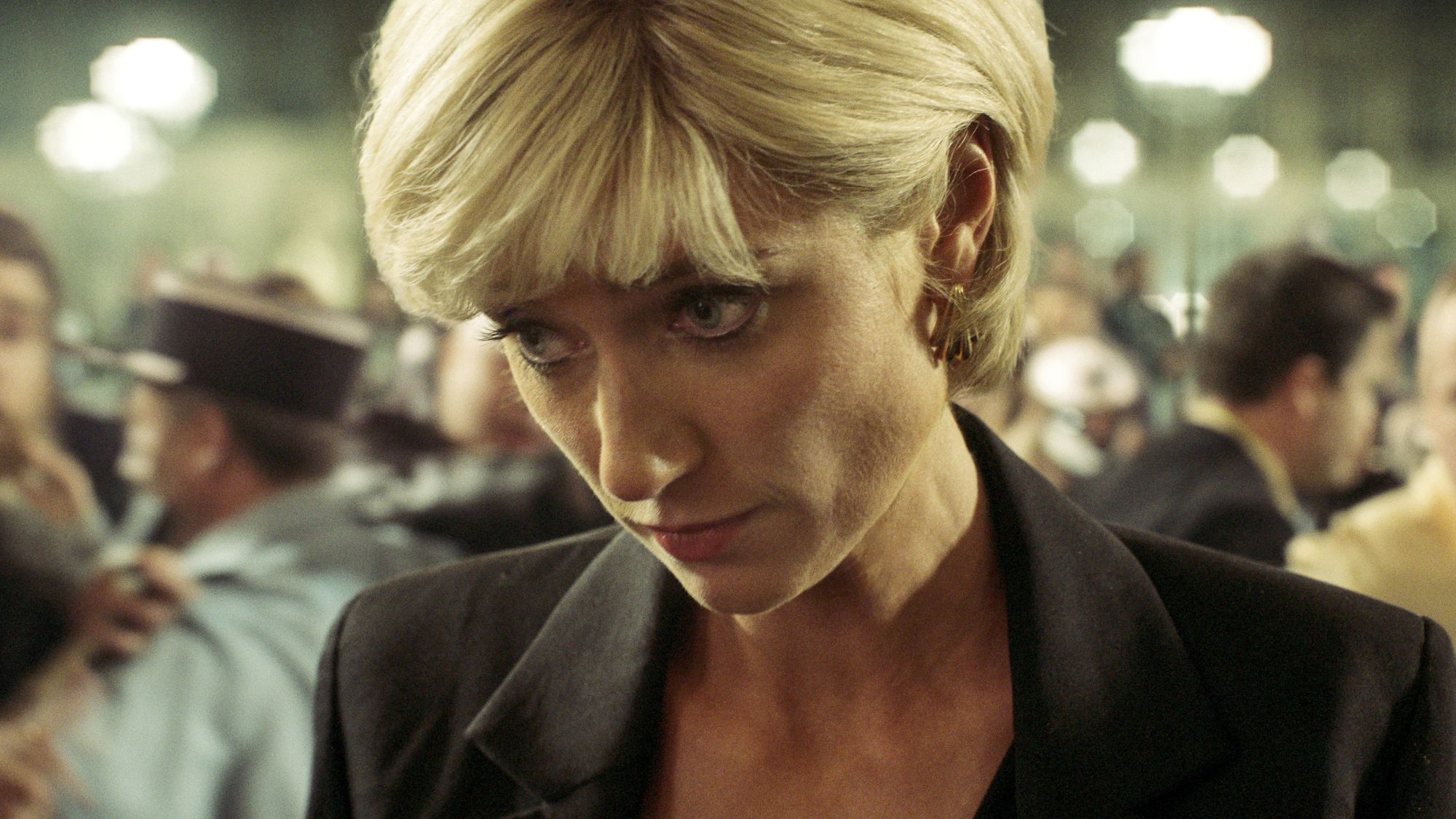 The Crown: how a TV hit lost its shine
The Crown: how a TV hit lost its shineTalking Point Critics of the new season have called it 'crass', 'pointless' and a 'new low'
-
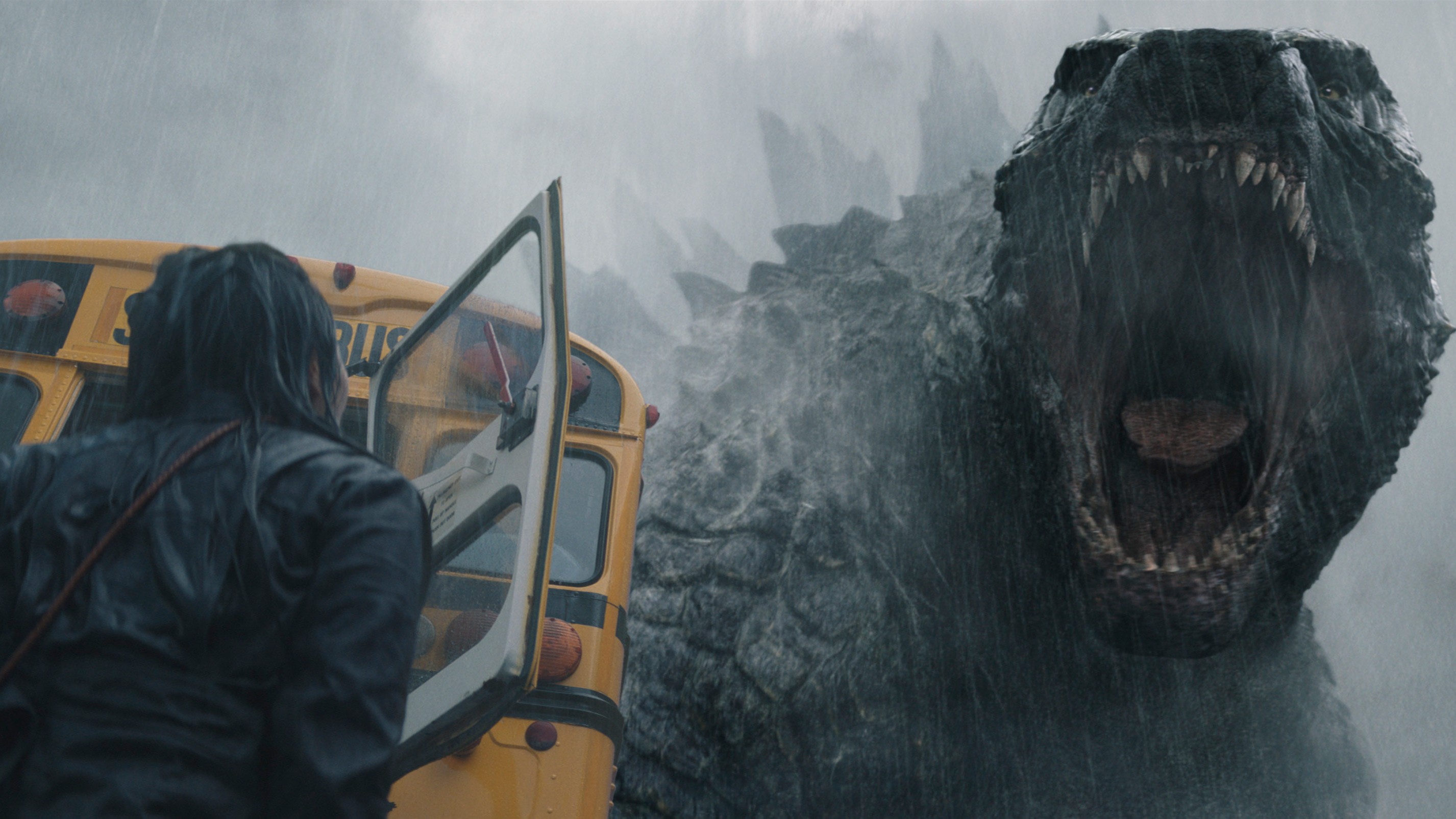 TV to watch in November, from 'The Crown' to 'Monarch: Legacy of Monsters'
TV to watch in November, from 'The Crown' to 'Monarch: Legacy of Monsters'Feature A month for monarchs and a Monarch
-
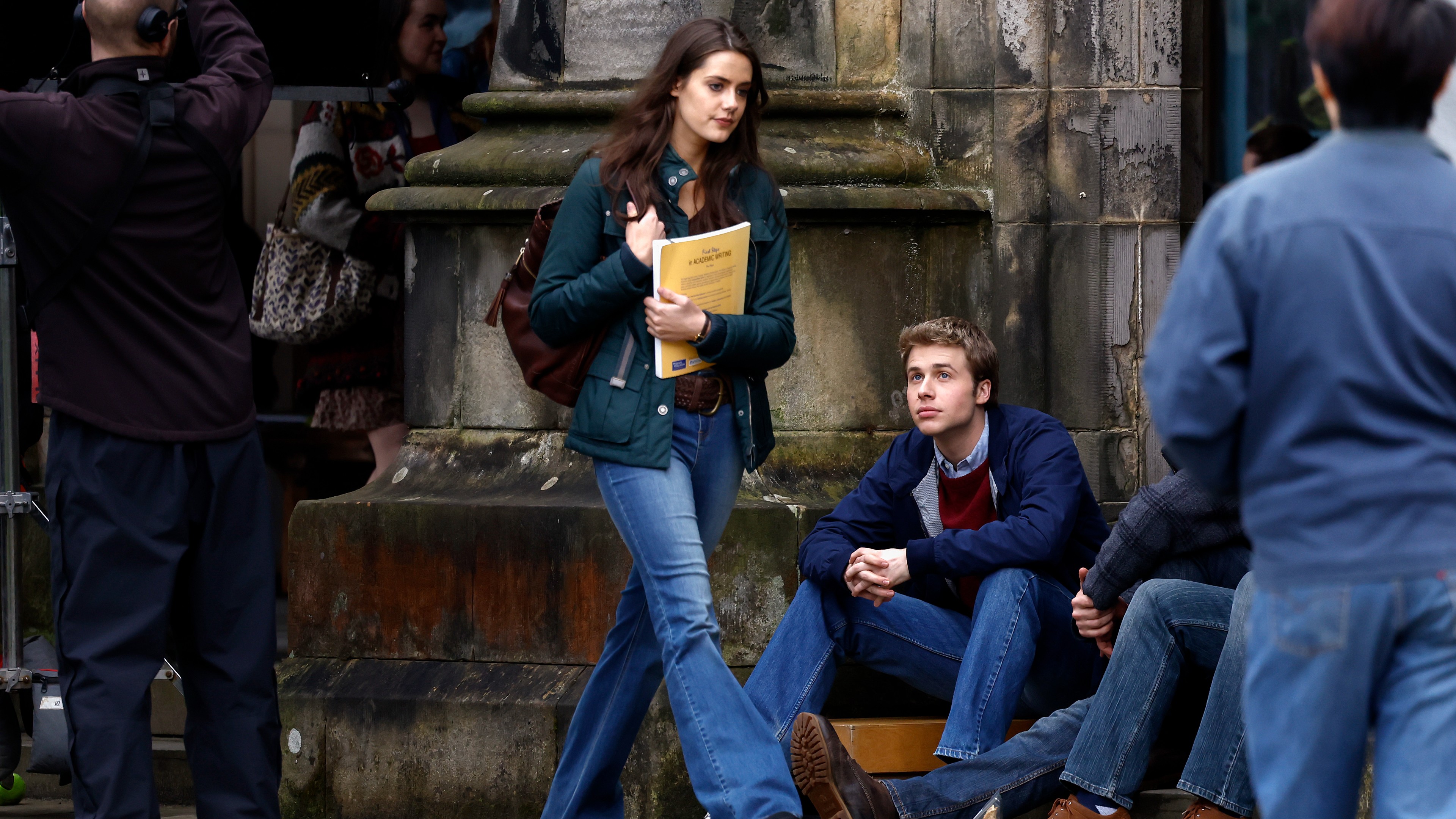 Everything we know about the final season of 'The Crown'
Everything we know about the final season of 'The Crown'The Explainer Netflix's hit royal family drama is preparing to take its final bow. But where in history will it end?
